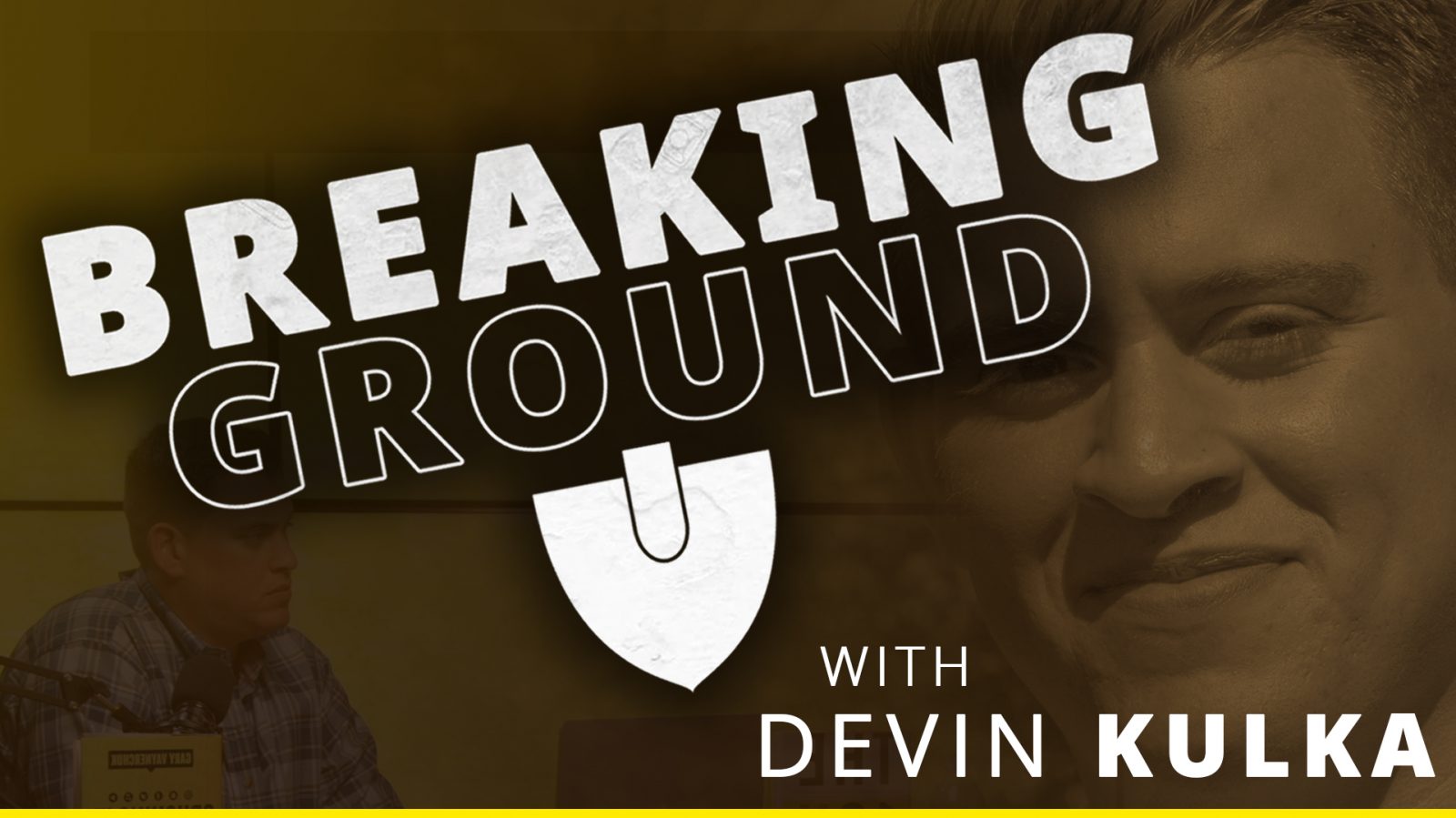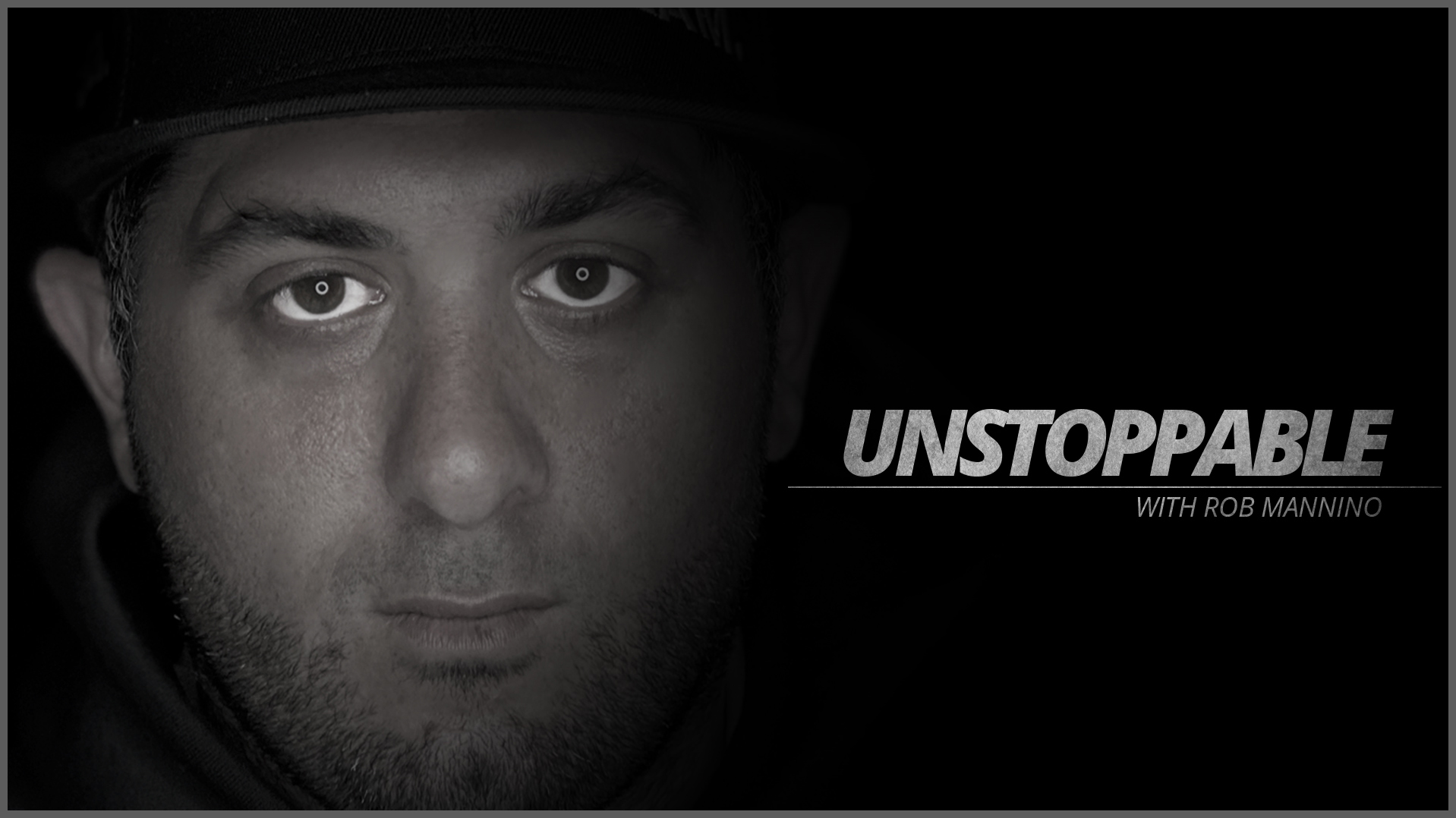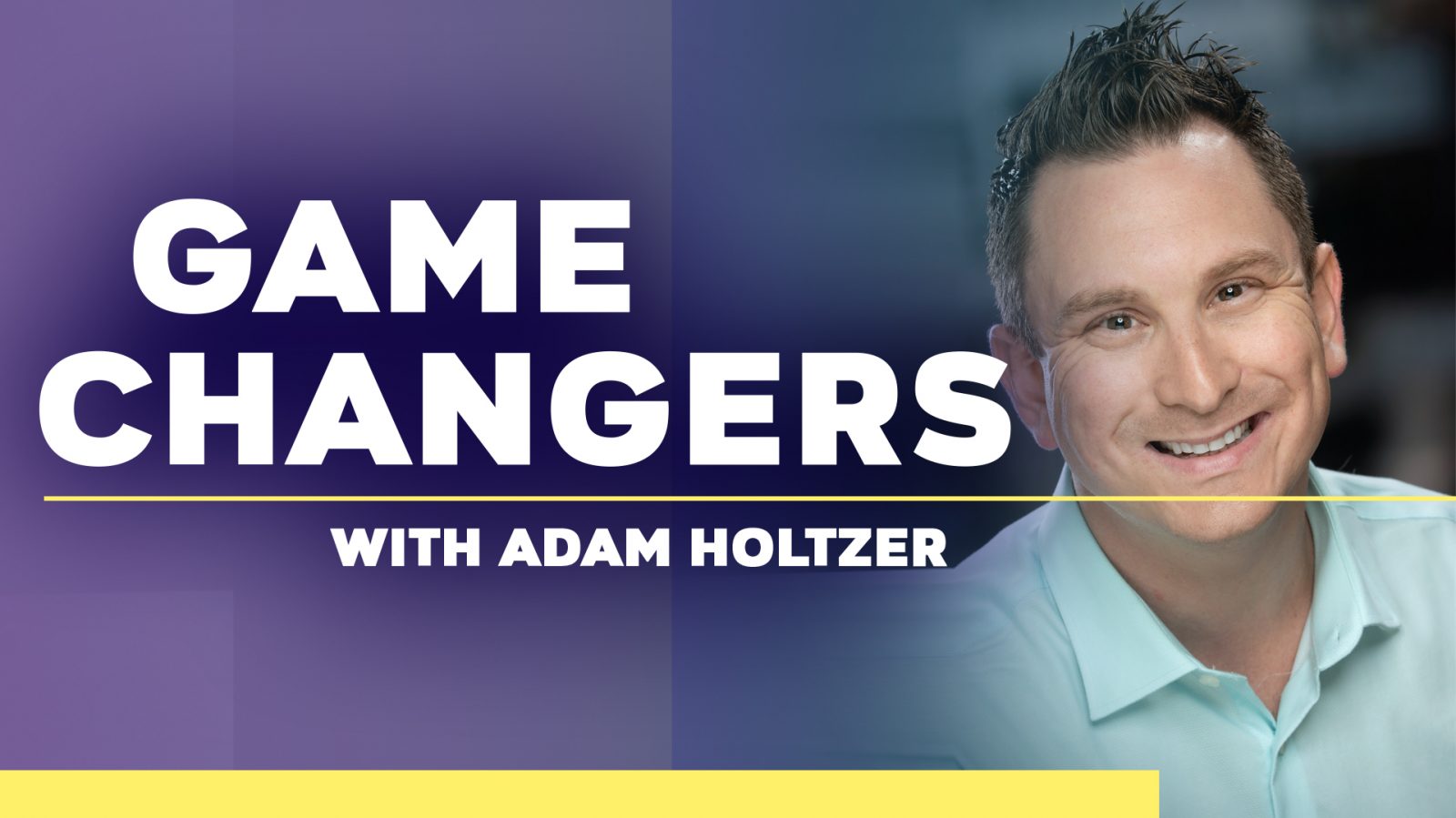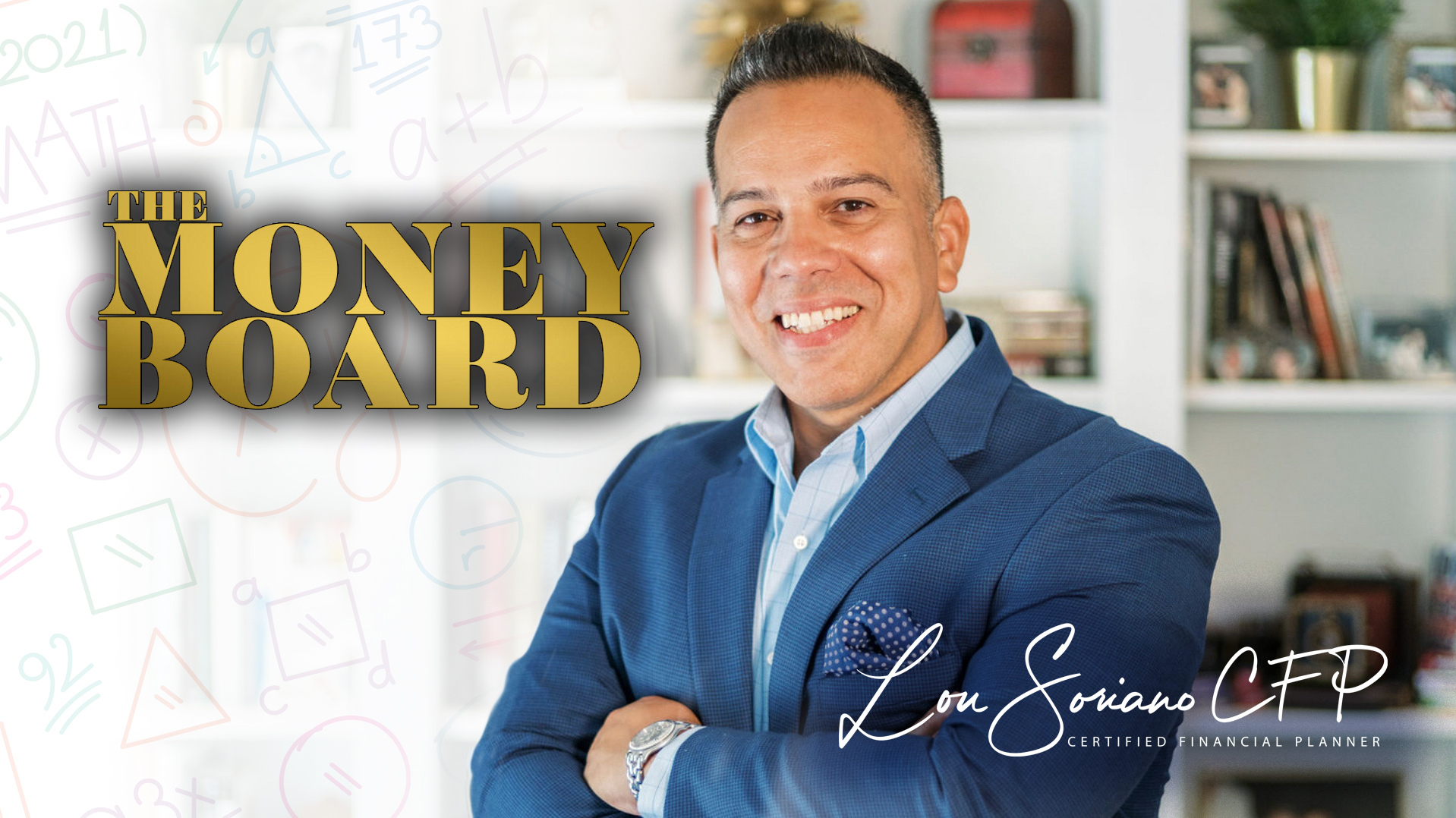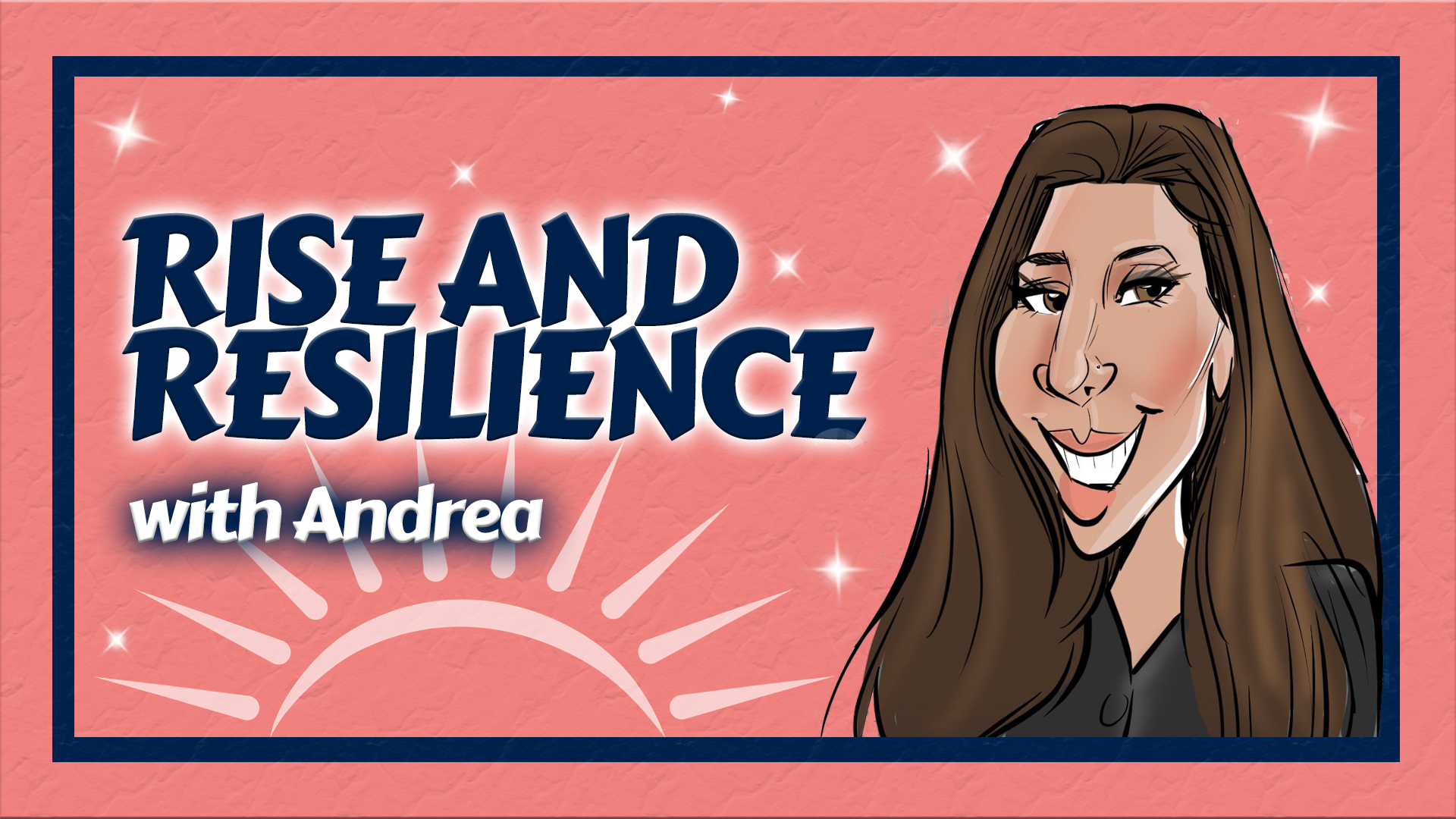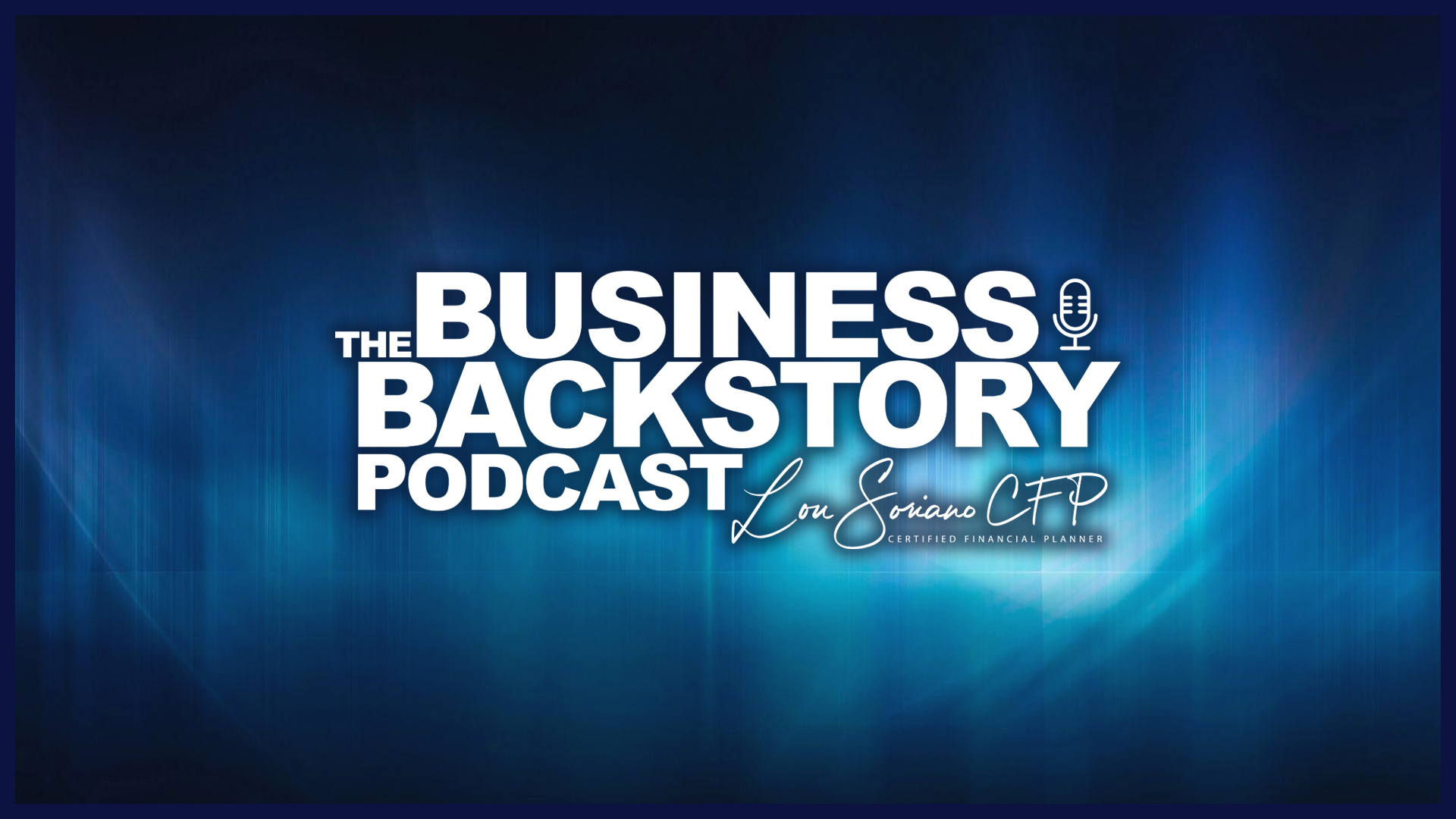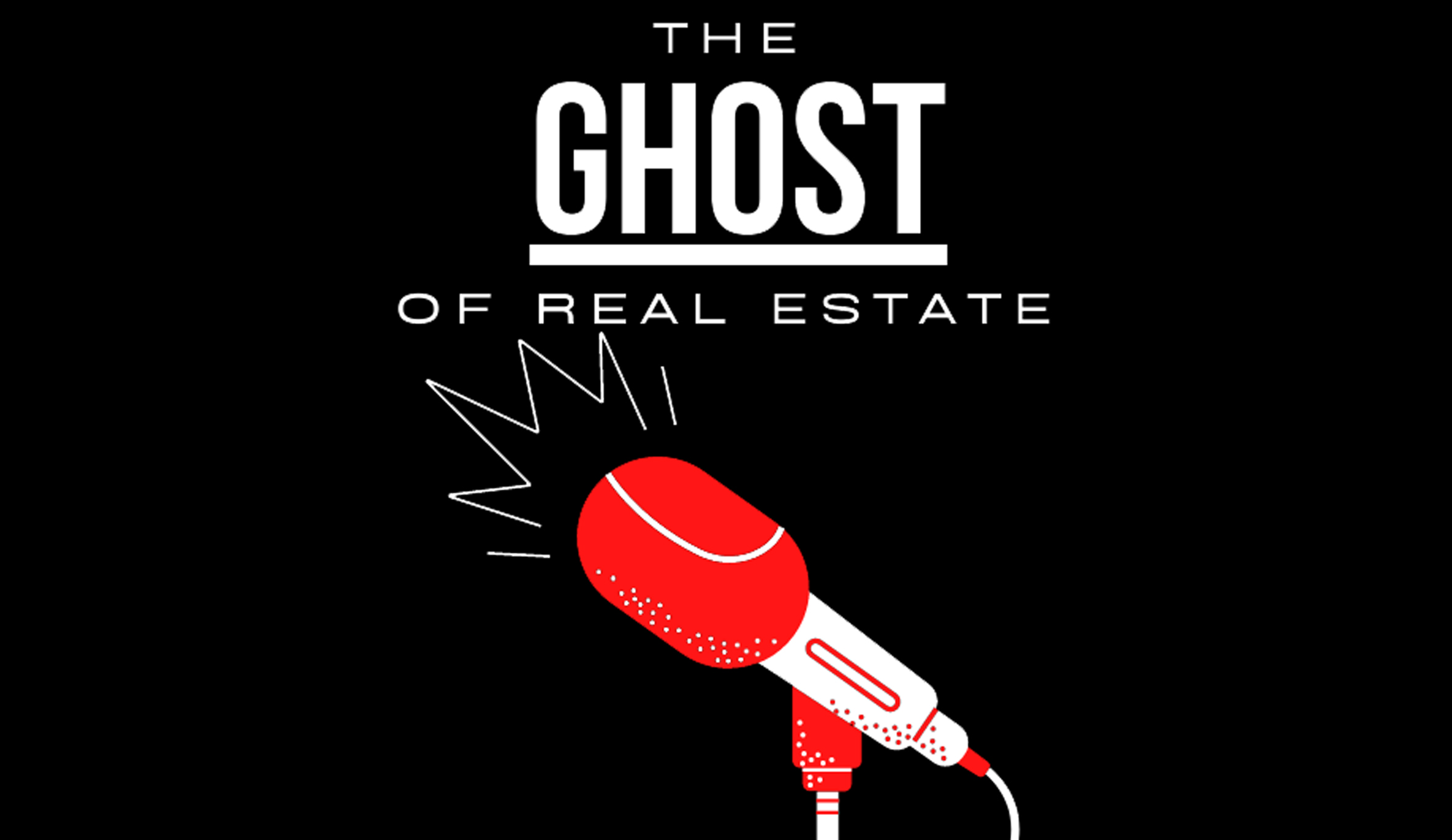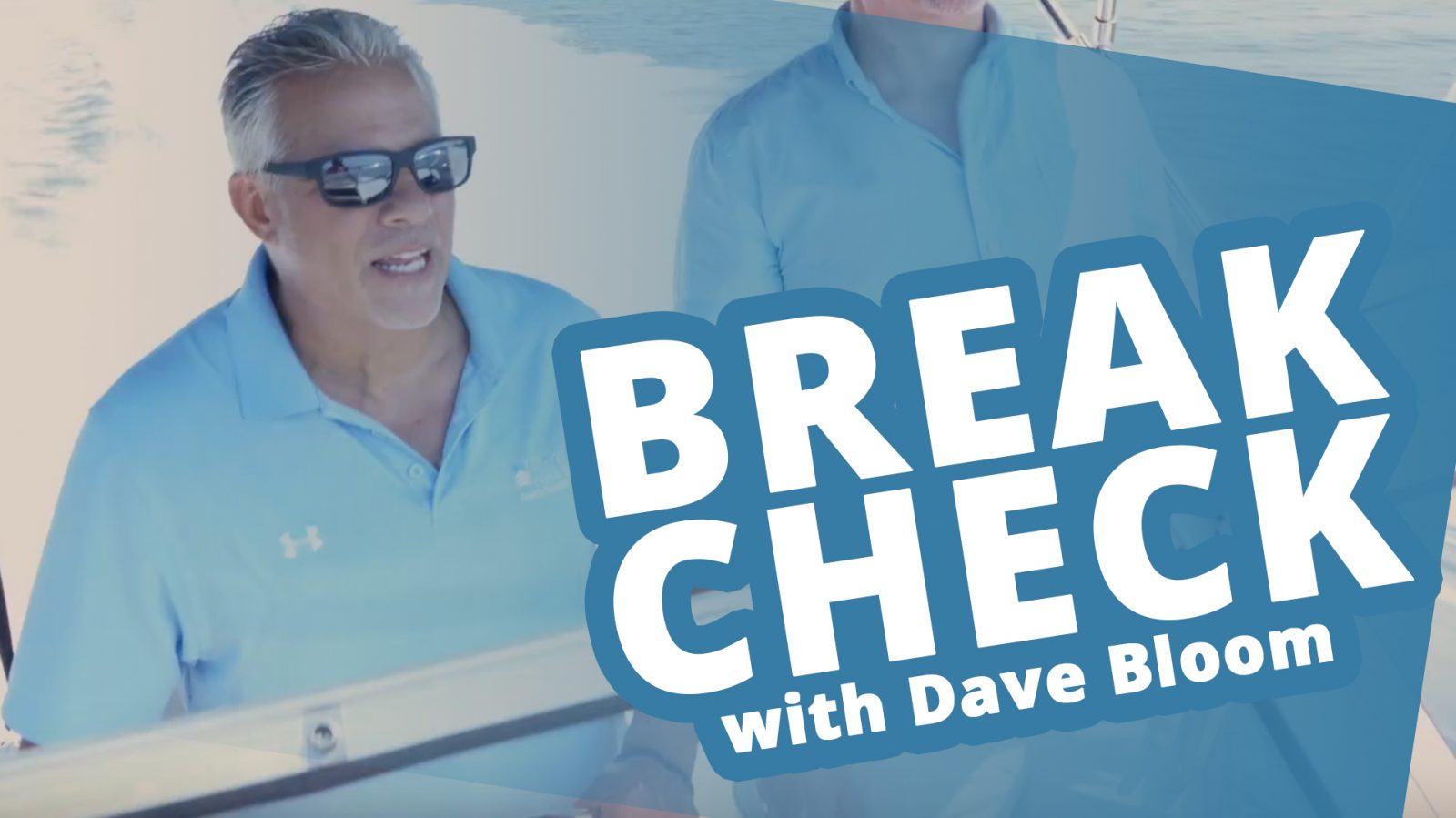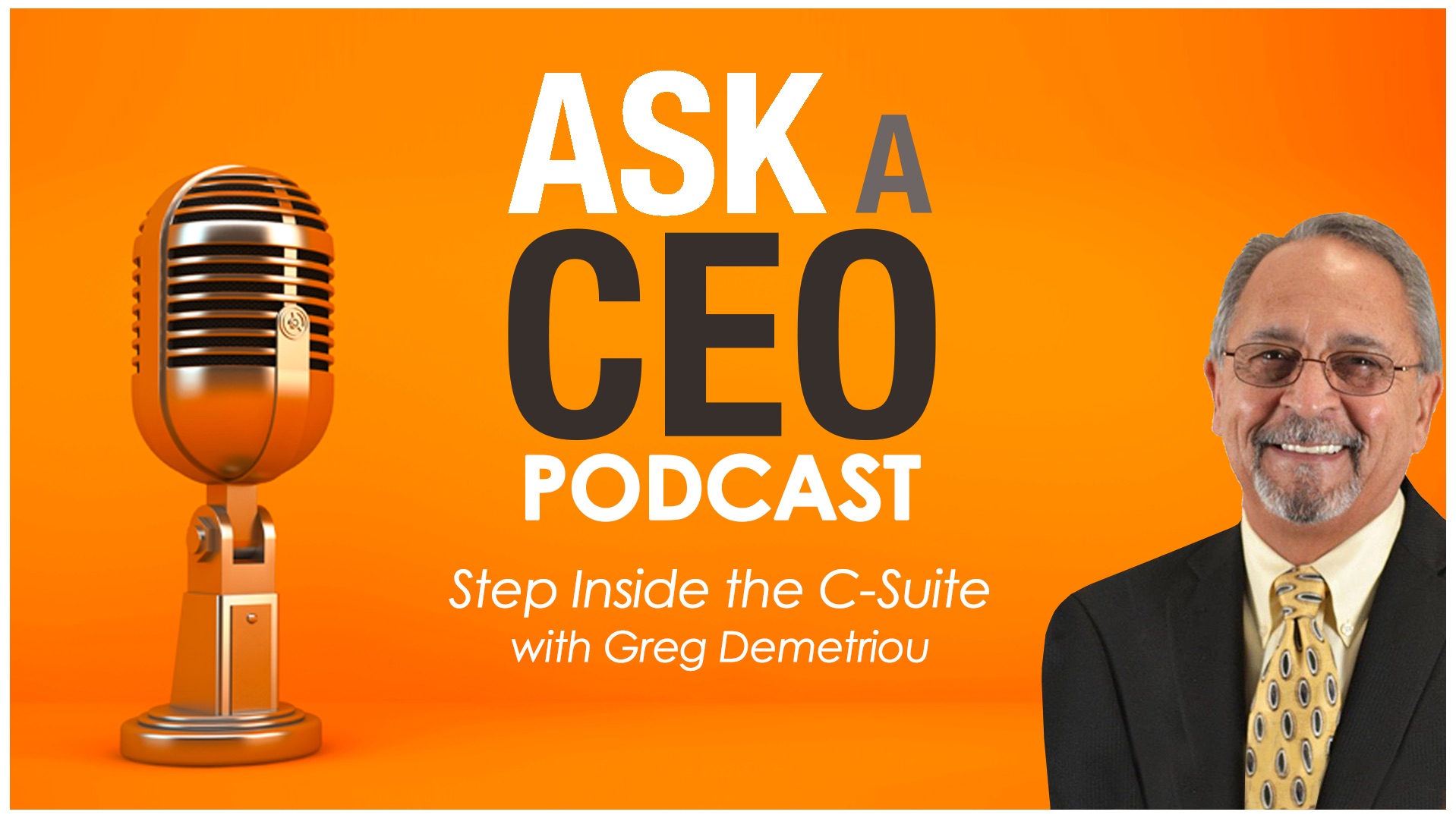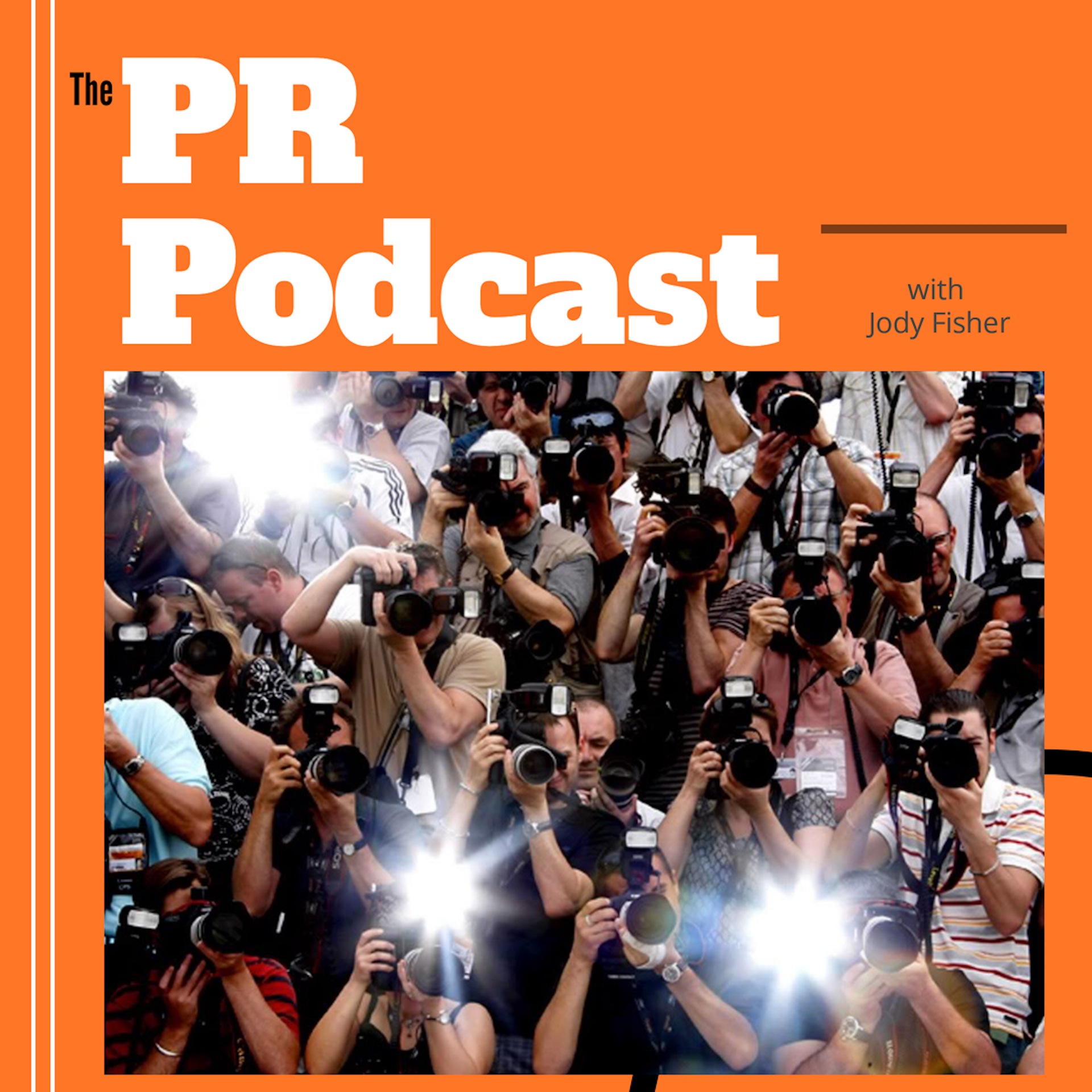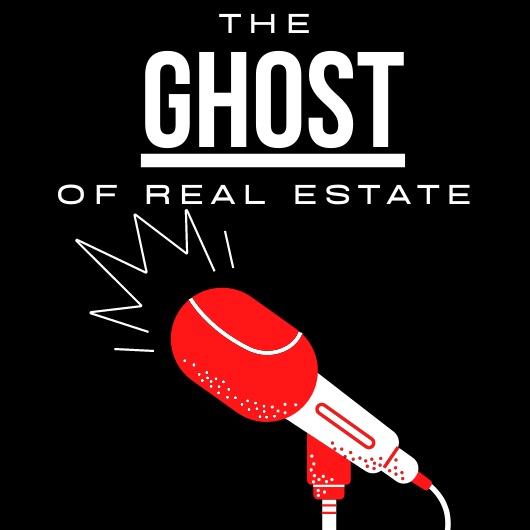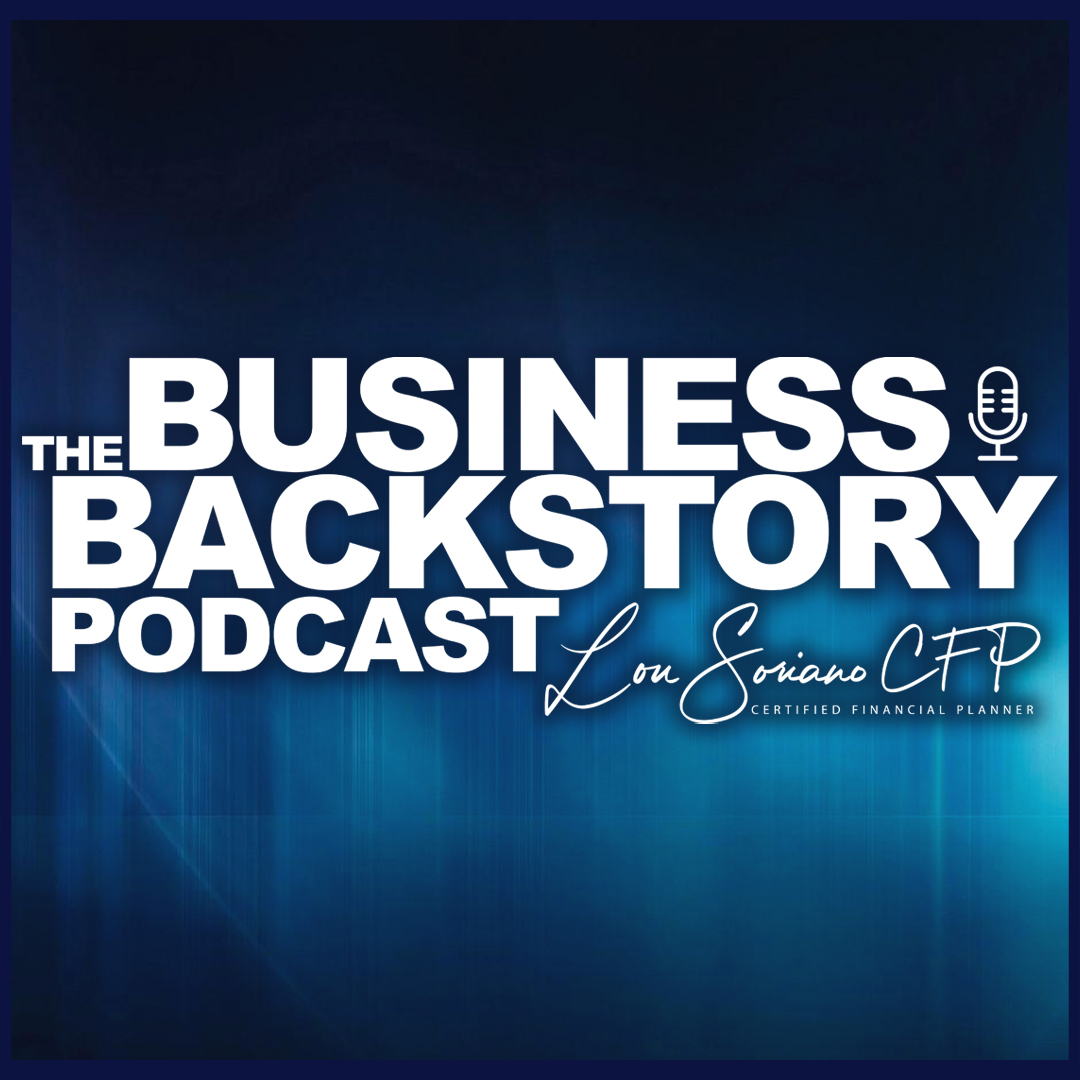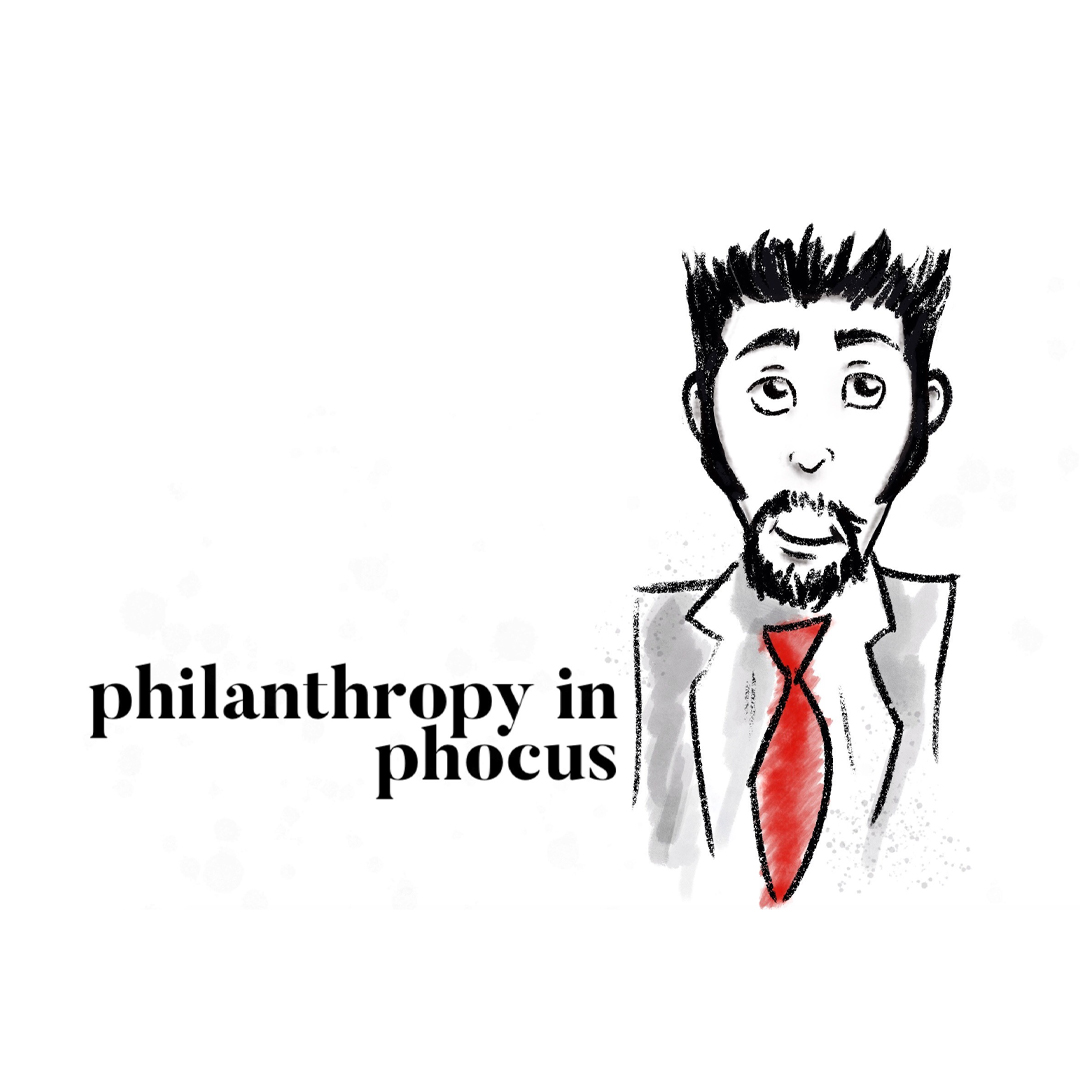
March 2020
4 Min Read
The Politics of Music: Part One
As a lover of virtually all music and as a predominantly conservative person politically, I have always been both fascinated and often aggravated by the relationship of popular music to politics and the changes in the relationship between the two over the decades. More specifically, during that time, I have also found myself frequently put off by the tendency of certain musicians to voice their left-leaning politics and doing so in a typically preachy and sanctimonious know-it-all style. This has never been more in vogue than in the Trump era, surpassing even the Bush II era. The process of politics spilling over into and infecting, if not informing the music has led me several times to ask the question: when exactly did popular music and rock and roll become the near exclusive province of liberals?
“Popular” music has been in existence in this country at least as far back as the late 1800’s with the advent of vaudeville, Tin Pan Alley and ragtime. Jazz, swing, country and folk music sprang from those early years, but splintered off into successful genres that did not quite hold the later mainstream interest of pop. The first major pop stars were the crooners of the 1930’s and 40’s, which began with Bing Crosby and peaked with Frank Sinatra. Vocal groups also began around this time and the big band and swing era straddled world war II. Sinatra was arguably the nations’ first pop star, but the era of popular music did not really begin it’s take off until the early 1950’s with the advent of the pop music charts in 1952 and the explosion of Elvis Presley soon after, which, at least in most people’s minds – if not necessarily in fact – coincided with the birth of rock and roll, arguably the most popular genre of pop music.
As far as I can see, the early pop stars, did not often engage too directly in sociopolitical commentary. Crosby quietly donated to Republican campaigns but was not terribly active or outspoken. Sinatra however was the exception. Sinatra’s mother was heavily active in local Democratic party events in New Jersey in the 1930’s, which deeply affected her son and Sinatra himself was an FDR Democrat, who was outspoken about poverty and racism in particular, an admirable rarity for the time. He most famously stumped for JFK in 1960, even changing the lyrics to one of his previous hits so it could be used as JFK’s campaign song. But when the Democrats moved too far left for him in the early 70’s, he switched allegiances to the Republicans and Ronald Reagan in particular, remaining that way for the rest of his life. Sinatra, however, was an outlier in that respect. He was an entertainer who was always outspoken and brash about almost everything, was around for so long and had so much stature that over time he was simply accepted for who and what he was.
In the 50’s, the pioneers of Rock and Roll didn’t really have any overt messages, (certainly no political ones), other than love, fun and sex or the lack thereof. Given this, you could very easily conclude that the likes of Elvis, Chuck Berry, Buddy Holly, Carl Perkins, Fats Domino, Jerry Lee Lewis, maybe even Little Richard, etc. probably had mostly center to right-of-center views; this most likely owing more to their desire to avoid controversy in the socially-placid 50’s in order to continue their careers rather than any fervent desire to be topical.
Elvis, for example – with his Army service and his admirable insistence on refusing preferential treatment in favor of regular GI status – could easily be seen as an Eisenhower-style Republican. Chuck Berry – in spite of terrible racial views and oppression at the time – wrote about the simple joys of Americana in the 50’s, not the struggles and inequities for which the 60’s would become known. It’s hard especially to imagine the black pioneers of Rock and Roll like Berry, Domino and Richard adopting anything but a neutral position, at least publicly in the 50’s through early 60’s since adopting, even a moderately “progressive”, let-alone militant point of view would threaten their livelihoods.
Personally, I don’t think that the lack of any deeper or more serious messages at the time was a bad thing, because, if there is one thing that early Rock and Roll did manifest, it was a truly egalitarian spirit amongst its artists. It didn’t matter that any of them were black or white or southern or Latino or whatever. What mattered was their talent and their ability to move people and they accomplished that without any overt messages or agendas. So, the perception of pre-Beatles Popular and Rock and Roll music being predominantly milquetoast and centrist-to-conservative-in-nature, at least in terms of social and political leanings is accurate.
End of part one.




















